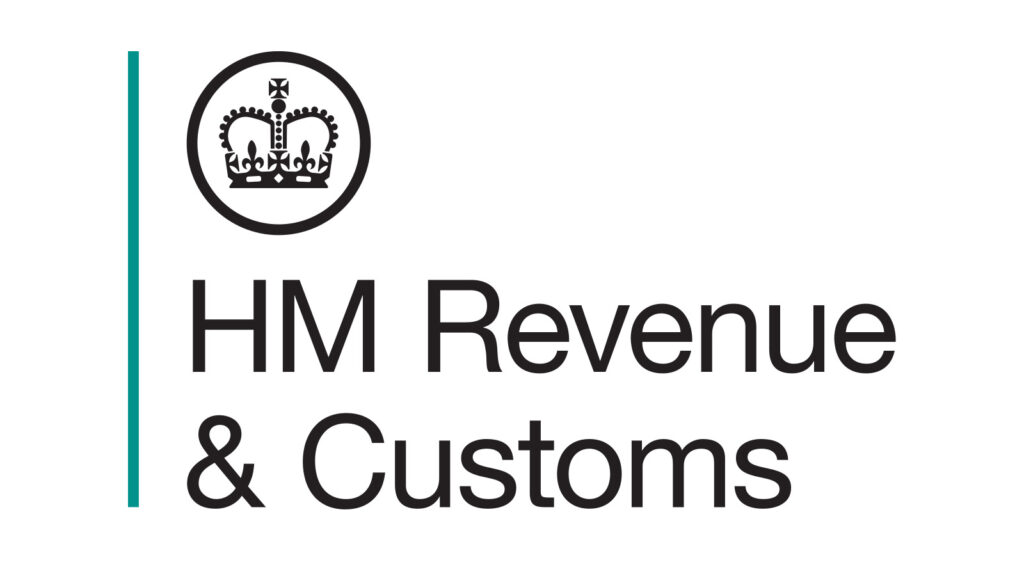-
By juan
- In Uncategorized
Registering a Company in London
Registering a Company in London is appealing because the city is one of the world’s leading financial centres.
Thanks to its strategic location and time zone, the City serves as a bridge between the markets of Asia and America.
Besadies it enables international transactions almost around the clock.
This article outlines the process of registering a company in London, the types of business structures available, and the legal and fiscal requirements.

Contents
1 Registering a Company in London, Types of Company in the UK
2 Registering a Company in London, Steps
3 Registering a Company in London, Advantages
4 Conclusion
1 Registering a Company in London, Types of Company in the UK
The first step is to choose, from the various available legal forms, the one that best suits your business as well as your personal and financial circumstances.
The main legal structures are as follows:
Sole Trader
It is the simplest and quickest way to start a business, as it only requires registration with HM Revenue & Customs (HMRC).
The main disadvantage is that the Sole Trader, or individual entrepreneur, assumes full responsibility for any debts the business may incur.
Partnership
There are three main variants:
- General Partnership is the most basic form, where partners share both management and profits, and have unlimited liability. This means they are personally liable for the business’s debts, both present and future.
- In a Limited Partnership, at least one partner has unlimited liability, while the others are only liable up to the amount of their investment.
- The third variant is the Limited Liability Partnership, where all partners enjoy limited liability, restricted solely to their contributions.
Private Limited Company (Ltd Company)
An LTD Company is the most commonly used company structure for setting up a business in England.
It is the preferred option for small businesses due to its flexible operation. The liability of shareholders is limited to the investment made.
No minimum capital is required for its formation in the UK, although compliance with accounting and tax regulations is necessary.
Public Limited Company (PLC)
Large businesses typically use this company structure, which corresponds to those listed on the stock exchange.
To establish a PLC in the UK, a minimum capital of £50,000 is required. As the public can freely acquire shares, this type of company must adhere to stricter controls compared to Ltd Company.
Entrepreneurs must register all of the aforementioned structures, except for the Sole Trader, with Companies House.
2 Registering a Company in London, Steps
The registration process is efficient and can be completed in a short amount of time. The main steps are as follows:
1 Choose the Company Name
It must be unique and not match the names of any already registered businesses..
2 Register the Company with Companies House
The required documents vary slightly depending on the company structure. In this section, we provide information on the most common legal structure, the Ltd company.
You need to provide the following documents to register an LTD Company with Companies House:
- Memorandum of Association (a document stating the intention to form the company).
- Articles of Association (the internal rules and regulations of the company).
- Form IN01, which provides details of the directors, shareholders, and the company’s registered address.
3 Obtaining the Unique Taxpayer Reference (UTR)
After completing the registration, HMRC assigns a Unique Taxpayer Reference (UTR), which is essential to pay taxes in the UK.
4 Registering with HM Revenue & Customs (HMRC)
Once you have obtained the UTR, you must register the company with the HMRC tax system.

3 Registering a Company in London, Advantages
Registering a company in London offers numerous benefits, such as access to financing, a stable legal framework, and an established business network.
This is due to London’s dynamic business environment, access to global markets, and clear regulations.
Moreover, it is a quick and efficient process that can be completed within 24 hours.
4 Conclusion
Registering a company in London involves selecting the appropriate legal structure and meeting the requirements of Companies House and HMRC.
Although the procedures are quick and straightforward, consulting specialists in UK business law will be immensely beneficial.